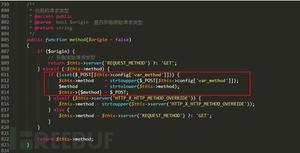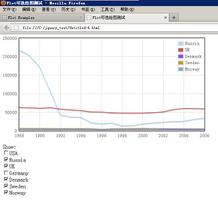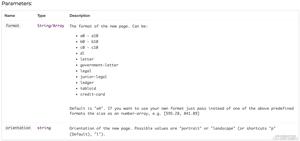Pythonlist如何去重

直观方法
最简单的思路就是:
ids = [1,2,3,3,4,2,3,4,5,6,1]news_ids = []
for id in ids:
if id not in news_ids:
news_ids.append(id)
print news_ids
相关推荐:《Python基础教程》
使用set方法
ids = [1,4,3,3,4,2,3,4,5,6,1]ids = list(set(ids))
这样的结果是没有保持原来的顺序。
按照索引再次排序
最后通过这种方式解决:
ids = [1,4,3,3,4,2,3,4,5,6,1]news_ids = list(set(ids))
news_ids.sort(key=ids.index)
使用itertools.grouby方法
如果不考虑列表顺序的话可用这个:
ids = [1,4,3,3,4,2,3,4,5,6,1]ids.sort()
it = itertools.groupby(ids)
for k, g in it:
print k
关于itertools.groupby的原理可以看这里:http://docs.python.org/2/library/itertools.html#itertools.groupby
使用reduce方法
In [5]: ids = [1,4,3,3,4,2,3,4,5,6,1]In [6]: func = lambda x,y:x if y in x else x + [y]
In [7]: reduce(func, [[], ] + ids)
Out[7]: [1, 4, 3, 2, 5, 6]
上面是我在ipython中运行的代码,其中的 lambda x,y:x if y in x else x + [y] 等价于 lambda x,y: y in x and x orx+[y] 。
思路其实就是先把ids变为[[], 1,4,3,......],然后在利用reduce的特性。
reduce解释参看这里:http://docs.python.org/2/library/functions.html#reduce
以上是 Pythonlist如何去重 的全部内容, 来源链接: utcz.com/z/524499.html









